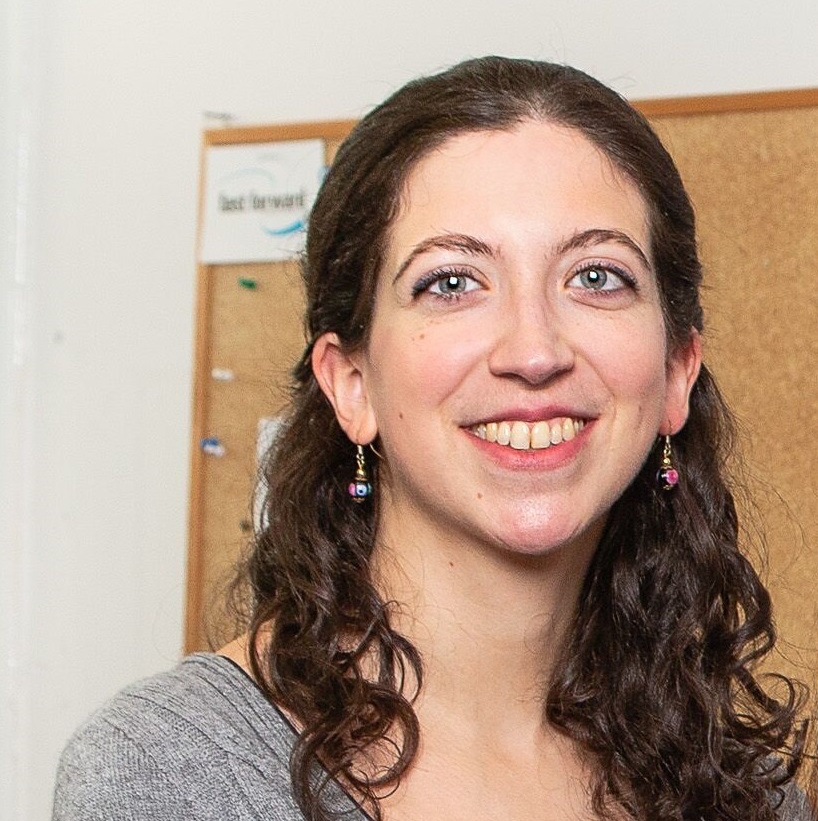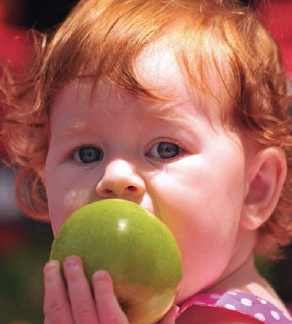Want to ensure healthy lives on and offline? Act now to protect young people from gambling and gaming harms
Call 10: It's time to agree a common set of values in the digital world
Call 9: Ensure Scotland's next generation can lead active, healthy lives
As young people’s relationship with technology changes, we need to adapt and improve our ability to recognise new risks and harms associated with digital life.
Our increasingly digital lives mean that the boundaries between online and offline, staying connected versus isolating yourself, and fun versus harmful online behaviours are blurring. The interconnection between our digital lives and our physical and mental wellbeing is something we are still coming to understand. New technologies are being developed every day.
Promoting health and wellbeing: why address gambling?
One of the public health issues that has taken on a new form in the wake of children’s increased online presence is youth gambling. This issue is often hidden, but it is growing.
We can no longer ignore the increasing body of literature showing the links between gambling-related harms, mental health and ACEs. Within a society that has normalised gambling, and with new forms of gambling and gambling-like games becoming available online, we need to listen more to the evidence emerging from studies on underage gambling prevalence and the impact of gambling advertising on children and young people.
A public health approach to gambling-related harms
It’s encouraging to notice more public awareness surrounding online safety and the importance of supporting young people in understanding what it means to navigate the digital world responsibly. However, we should equally remember that the growing access to the internet has played a crucial role in increasing the availability and accessibility of gambling opportunities.
Fast Forward invites policymakers and all practitioners working with young people, vulnerable individuals and families to pay greater attention to gambling. While gambling can be a leisure activity enjoyed by many, for some it can become problematic and lead to harmful consequences affecting the individual, their family and the wider community. For example, gambling can lead to poor mental health, relationship breakdown, antisocial behaviour and suicidal thoughts.
According to the Gambling Commission 2018 Report on young people in Great Britain, 14% of 11-16 year olds had spent their own money on gambling in the seven days prior to the survey, compared to 13% who had drunk alcohol, 4% who had smoked cigarettes and 2% who had taken illegal drugs (click to read). The study found that 1.7% of 11-16 year olds are classified as ‘problem’ gamblers (meaning approx 55,000 young people), with a further 2.2% being at risk.
To be effective in protecting young people from gambling-related harms, we need decisive action from policymakers, regulatory bodies, and the industry. We also need practitioners to contribute their expertise in working with young people on the ground.
As highlighted by the Gambling Commission, a public health approach to gambling is essential. This needs to address the harmful effects of gambling on vulnerable individuals, particularly children and young people, as well as their families and the wider community. Schools, youth clubs, youth employability services and health promotion services can all play an important part in achieving this.
What actions can you identify in your existing educational programme or health service to ensure that gambling is included among other youth issues or risk-taking behaviours being already addressed?
First and foremost, we need to start recognising that gambling is an issue that can affect any child or young person, and so it is everyone’s job to “be gamble aware”.
Effective prevention and education also need to take into consideration how advertising, sports and parental behaviour may affect young people’s attitudes to gambling. Most children are being exposed to gambling advertising in some form, with 66% having seen gambling adverts on TV, 59% on social media and 53% on other websites. Forty nine per cent had seen or heard TV or radio programmes sponsored by a gambling company, and 46% had seen gambling sponsorships at sports venues (including on players’ shirts).
In contrast, only 19% of parents set strict rules on gambling. It is a topic that is rarely covered in schools or youth clubs. What can be done to promote clearer awareness of what safer gambling is?
As practitioners working with young people and families, the time has come for us to include gambling education and prevention in a wide range of programmes promoting health and wellbeing.
Promoting online safety: what does it mean in the context of gambling?
Working with children in today’s digital world requires us to address the links between gambling and gaming.
In 2018, 6% of 11-16 years old young people gambled online using a parent or guardian’s account, and 13% played gambling-style games online. The study also found that 31% opened ‘loot boxes’ in a computer game or app, to try to acquire in-game items.
Loot boxes are an example of gambling-like content in games that young people play with. These are items in virtual games that can be paid for with real-world money but contain unknown rewards. For example, in football video games a loot box would give a pack of team players to be used in the game. There is no way to know what is inside a loot box before purchasing it: the likelihood of winning rare or powerful items is slim, and often unknown, which may encourage players to spend more to increase their chances of success.
While paying for and opening loot boxes is not currently classified as gambling in the UK, the difference between gaming and gambling is blurring and it is easy to encounter gambling-like content in online games. The Gambling Commission has identified the potential risk to children. Researchers at York St John University also found a significant link between loot box spending and problem gambling amongst adolescents (click to read).
Do young people receive any information or guidance regarding the risk of harm that may be in gaming and gambling? Are they aware of gambling-like features in the computer games they play? What can be done to help them to understand possible risks and ways to stay safe?
Our invitation to you
As a society, we are still coming to understand the risks that children’s online behaviours, such as gaming and gambling, can pose to their physical and mental health and wellbeing. However, that won’t stop new technologies from mushrooming, considering that online gambling is a profitable sector for the gambling industry. In 2018 the gross gambling yield (GGY) for the Remote Sector was £5.6bn, within a total of £14.5bn GGY of the whole gambling industry in Great Britain.
Children in Scotland’s 25 Calls campaign has shown so well how all organisations supporting young people are brought together by similar values and by the desire to better support children’s wellbeing and to promote healthy lifestyles.
Our invitation to all practitioners across the sector is to join Fast Forward in taking steps to appropriately respond to the emerging issues surrounding gambling and gaming. It has never been more important to foster a national conversation on our common digital values, and to regulate and take action accordingly.
About Fast Forward and the Gambling Education Hub
Fast Forward is a national youth work charity that works to promote health and wellbeing with, by and for young people. Over the past 30 years we have developed local and national projects addressing a variety of risk-taking behaviours.
In 2018 Fast Forward launched the Gambling Education Hub. The Hub is Scotland’s only national gambling education and prevention programme, supported by GambleAware.
The mission of the Hub is to make it possible for every young person in Scotland to have access to gambling education and prevention opportunities. The project uses a harm reduction approach and provides free training, support and resources to practitioners working with young people and families.
Click here to find a regional Gambling Education CPD near you
Click here to find out more about the Hub and its Scottish Gambling Education Network
To get in touch with the team and to request bespoke training, please contact Project Manager Chiara Marin, Fast Forward: chiara@fastforward.org.uk
Chiara is responding here to calls 10 (click here to read) and 9 (click here to read) of our 25 Calls campaign.

About the author
Chiara Marin is Project Manager at voluntary organisation Fast Forward
Click here for more

25 Call campaign
Find out more about the 25 Calls campaign, view press coverage and read further responses
Click to find out more